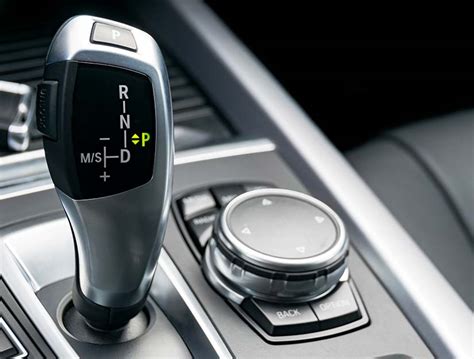For a men’s casual watch, do you prioritize automatic movement, quartz, or solar, and what’s your reasoning?

Decoding Your Watch Movement Preference for Casual Wear
When selecting a casual watch, the movement beating within its case is arguably as important as its aesthetics. It dictates not only how the watch functions but also its maintenance, accuracy, and even its ‘soul.’ For men’s casual watches, the primary choices boil down to automatic (mechanical), quartz, and solar movements. Each offers a distinct set of advantages and disadvantages, catering to different priorities.

The Allure of Automatic Movement: Tradition and Craftsmanship
Automatic movements are the heart of traditional watchmaking. Powered by the natural motion of your wrist, they wind themselves, eliminating the need for batteries. This intricate dance of gears, springs, and levers is a marvel of micro-engineering. For many, an automatic watch possesses a ‘soul’ that battery-powered watches simply lack, celebrated for its smooth, sweeping second hand and the connection to horological heritage.
- Pros: No battery changes, smooth second hand sweep, appreciation for mechanical craftsmanship, potential for heirloom status.
- Cons: Less accurate than quartz, generally more expensive, can be more delicate, requires winding or a watch winder if not worn regularly to keep time.
My reasoning for prioritizing automatic in a casual setting often stems from an appreciation for the art and engineering. It’s not about pinpoint accuracy for daily tasks, but rather the joy of wearing a miniature machine on your wrist, a conversation starter, and a nod to timeless design.

The Practicality of Quartz: Accuracy and Reliability
Quartz movements revolutionized the watch industry, offering unparalleled accuracy at an affordable price point. Powered by a battery and regulated by a vibrating quartz crystal, these watches are robust, low-maintenance, and incredibly precise, often only losing a few seconds a month. For many, the ‘tick, tick, tick’ of a quartz second hand is a hallmark of reliability.
- Pros: Highly accurate, very durable, low initial cost, minimal maintenance (other than battery changes every few years).
- Cons: Requires battery replacement, lacks the mechanical ‘soul’ for some enthusiasts, the ticking second hand can be less aesthetically pleasing than a smooth sweep.
If practicality and precision are paramount for a casual watch – something you can grab and go without thinking about winding or setting – quartz is an excellent choice. It’s the ultimate ‘set-it-and-forget-it’ movement for everyday wear.

The Innovation of Solar: Eco-Friendly and Convenient
Solar-powered watches bridge the gap between traditional quartz and modern sustainability. These are essentially quartz watches that use a solar panel hidden beneath the dial to convert light (natural or artificial) into electrical energy, stored in a rechargeable cell. This eliminates the need for regular battery changes, offering the convenience of quartz without the environmental impact of discarding batteries.
- Pros: Highly accurate, environmentally friendly (no disposable batteries), incredibly low maintenance (can run for months in darkness once fully charged), excellent long-term reliability.
- Cons: Can be slightly more expensive than basic quartz, requires occasional exposure to light to maintain charge.
My personal inclination often leans towards solar for a casual watch. It combines the accuracy and durability of quartz with the set-it-and-forget-it nature of an automatic, but without the precision trade-offs or regular winding. For someone seeking ultimate convenience, reliability, and a greener footprint, solar is a compelling option.

Making the Choice: Your Personal Priorities
Ultimately, the best movement for a men’s casual watch depends entirely on individual priorities:
- If you cherish tradition, craftsmanship, and a watch with ‘character,’ and don’t mind the occasional winding or slight inaccuracy, automatic is your choice.
- If you value uncompromising accuracy, robust durability, and affordability, with minimal fuss (beyond an occasional battery swap), then quartz is ideal.
- If you desire the accuracy and durability of quartz but also prioritize environmental friendliness and ultra-low maintenance, making it a true ‘grab and go’ option, then solar is the clear winner.
For a casual watch, my personal reasoning tends to favor solar for its blend of modern convenience, accuracy, and sustainable design. However, the joy of strapping on a finely crafted automatic for a special casual outing is undeniable, and the sheer reliability of a basic quartz always has its place. There’s no single ‘best,’ only the best for your lifestyle and values.








